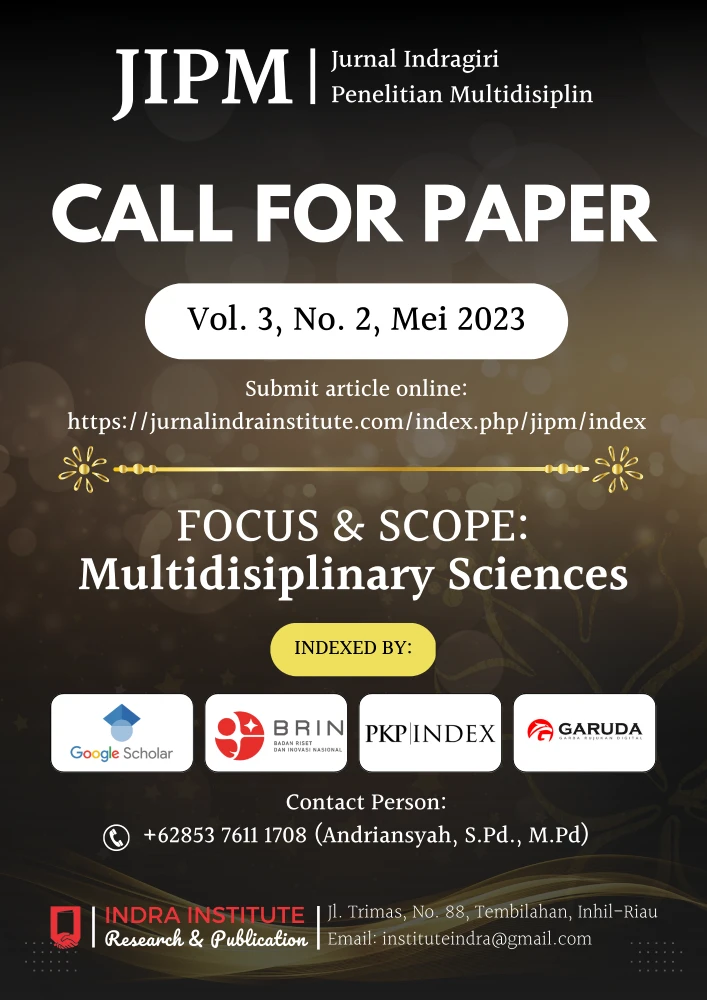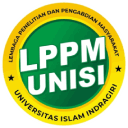Kajian Yuridis Gender tentang Stunting
DOI:
https://doi.org/10.58707/jipm.v4i3.1041Keywords:
gender, stuntingAbstract
Generally, stunting is only associated with health issues. However, there are also gender-related problems within it. In fact, the primary role is actually held by men. In Indonesia, men are still formally designated as heads of households and are obligated to provide for their families. Therefore, policies on stunting should ideally not be directed solely at women but also at men. The purpose of this writing is to identify and analyze how gender equality and inequality are reflected in the implementation of Presidential Regulation Number 72 of 2021 on Accelerating Stunting Reduction. This background is due to the high stunting rates in Indonesia. The government and stakeholders are expected to implement policies to address this issue. Efforts range from policies on preventing and reducing stunting rates to accelerating the reduction of stunting in Indonesia, all aimed at tackling this issue comprehensively. Much of the focus, however, is directed toward women, as stunting is often closely associated with them. Yet, the failure of a child to grow (stunting) and child malnutrition are not solely women’s issues—men’s roles are also critical. For this reason, this research was conducted. The method used is a normative legal research method. The findings indicate that gender equality in the efforts to accelerate stunting reduction in Indonesia has not yet been fully achieved.
Downloads
Published
How to Cite
Issue
Section
License
Copyright (c) 2024 Jurnal Indragiri Penelitian Multidisiplin

This work is licensed under a Creative Commons Attribution-NonCommercial-ShareAlike 4.0 International License.





















